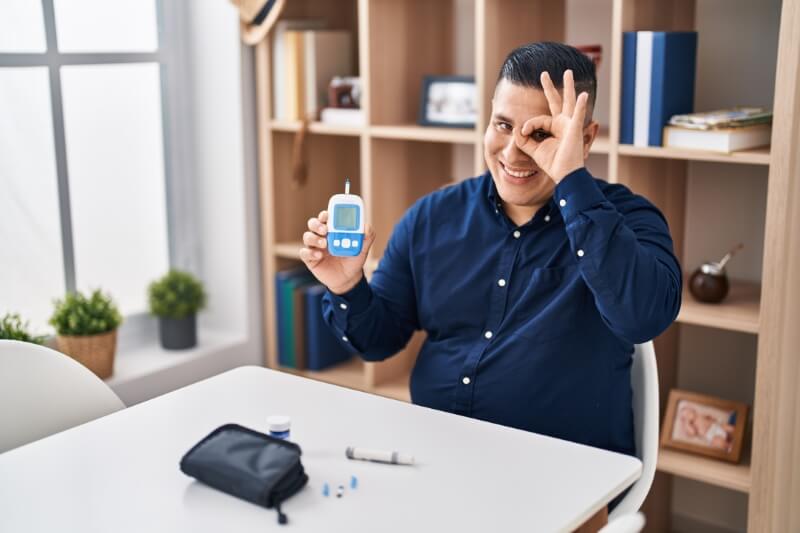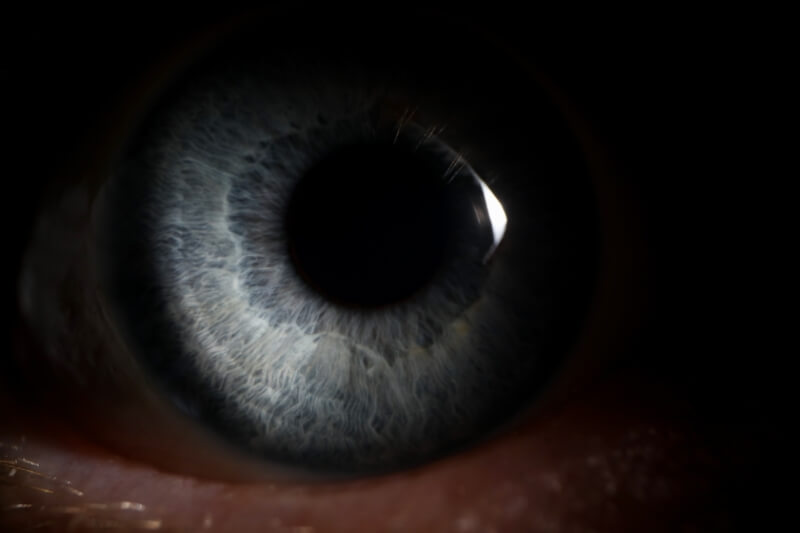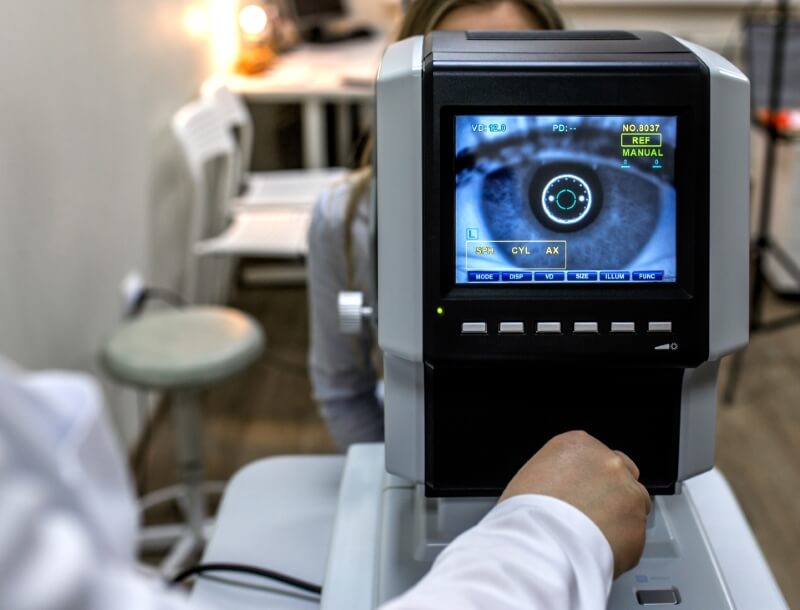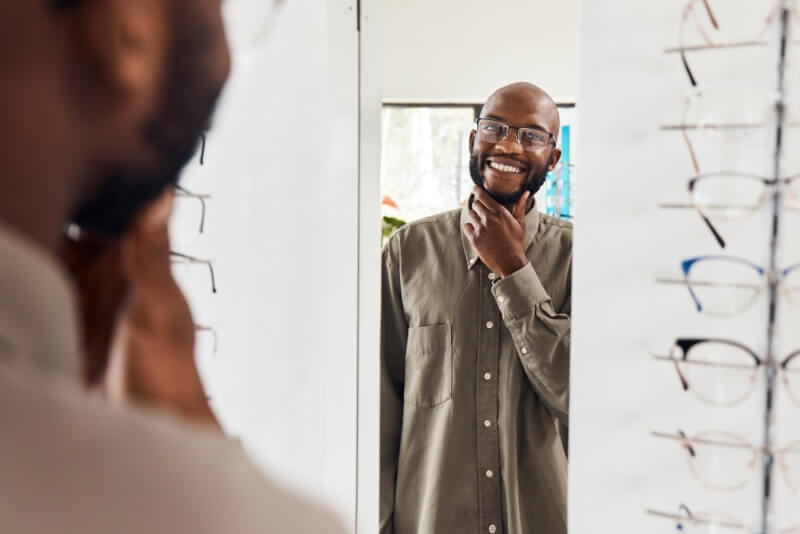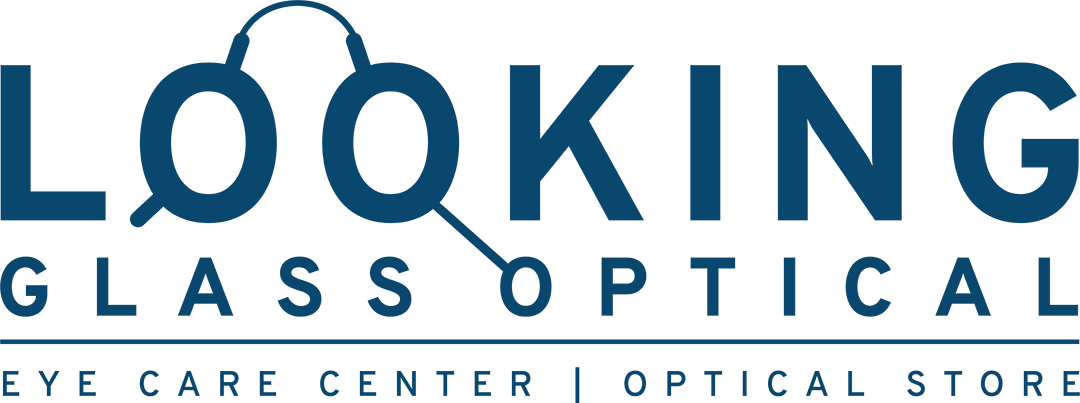As the lush hues of autumn leaves unfurl, so does the challenge of itchy eyes for many allergy sufferers. Allergies can turn the most beautiful time of the year into a rather uncomfortable one, especially when your eyes are itchy and irritated. Whether you’re a seasoned allergy veteran or facing seasonal allergies for the first time, knowing how to deal with itchy eyes during allergy season can make a world of difference. In this guide, we’ll explore various strategies and remedies to help you find relief and enjoy the beauty of spring without constantly rubbing your eyes.
Read more →Living with diabetes comes with its own set of challenges, and one aspect that often gets overlooked is diabetic eye care. Diabetes can affect various parts of the body, including the eyes. In this fun and informative blog, we’ll explore the importance of managing and preventing eye complications associated with diabetes. So, please grab a cup of tea or coffee, and let’s dive into the world of diabetic eye care.
Read more →Keratoconus is a progressive eye disorder that affects the cornea, the transparent front part of the eye. In individuals with keratoconus, the cornea gradually thins and bulges into a cone-like shape, causing distorted vision. This condition often starts during the teenage years or early adulthood and can progress over time.
Read more →Hey there, screen enthusiast! In a world where digital devices are our constant companions, it’s easy to overlook the digital eye strain they might be taking on our precious peepers. Fear not, though, because Looking Glass and Dr. Teles are here to shed some light on how to keep those eyes of yours happy and healthy in the digital age. Imagine this: you’re binge-watching your favorite show, sending emails like a keyboard ninja, and scrolling through your social feeds all day. But have you ever wondered what all that screen time is doing to your eyes? Read on to learn how screens can lead to digital eye strain.
Read more →From the playground to the classroom and every corner of their world, a child’s vision is their window to discovery. That’s why we’re delving into the benefits of CRT for kids. This innovative approach can bring young ones a clearer, brighter outlook.This revolutionary approach offers numerous benefits for young eyes, aiming to not only correct vision problems but also potentially halt the progression of myopia. Let’s delve into the advantages it holds for children’s vision health.
Read more →Heredity eye conditions – genetic testing and family eye health can help with early detection and corrective options, says Dr. Teles of Looking Glass Optical. The eyes are not only windows to the soul but also mirror our genetic makeup. Hereditary eye conditions caused by genetic mutations can significantly impact an individual’s vision and overall quality of life.
Read more →Eyewear has come a long way from purely functional to becoming a fashionable accessory that reflects personal style and enhances performance in various activities. Let’s take some time to explore specialty eyewear, from sports to fashion and everything in between.
Read more →Summer is here, meaning visits to the water and plenty of sun and fun. When it comes to swimming or diving, the question of whether to open your eyes underwater is common. Some people feel comfortable doing so, while others instinctively keep their eyes closed. Read on to explore the factors to consider when deciding whether to open your eyes underwater and insights to help you make an informed choice.
Read more →Alcohol consumption can affect the human body, including the eyes. The short-term and long-term effects of alcohol on the eyes depend on the amount and frequency of alcohol consumption. In this blog, we will discuss the impact of alcohol on the eye.
Read more →Keratitis symptoms and treatments will depend on the severity of the condition. Keratitis is an inflammation of the cornea, the clear, dome-shaped surface covering the front of the eye. Various factors, including infections, injuries, and underlying medical conditions, can cause it. Keep reading to learn about the two categories of keratitis as well as symptoms and treatments.
Read more →
